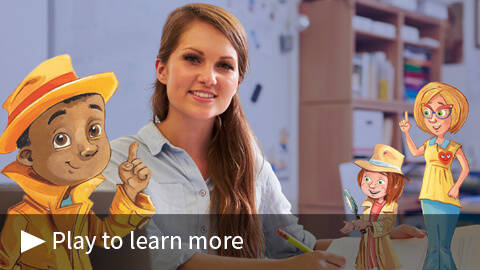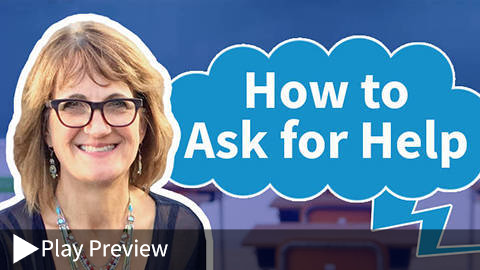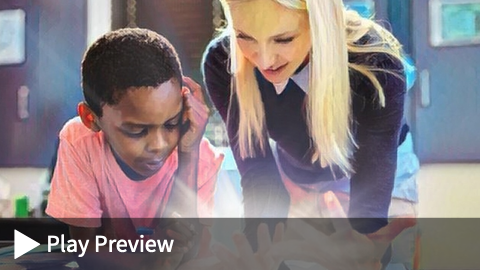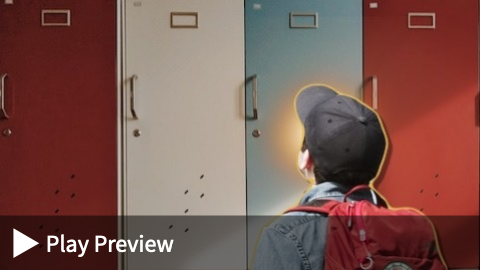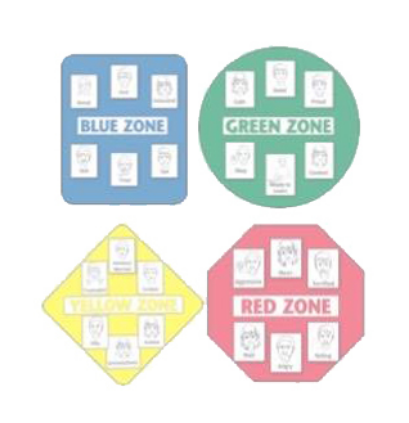Understanding Self-Regulation
Help Your Students Learn to Help Themselves
Watch Free Webinar
What’s it Mean to “Behave”?
Strategies for Teaching Students Self-Regulation
Online Course
Teaching Concepts for Social Self-Regulation
Social self-regulation is so much more than simply regulating what we do or say. Social self-regulation involves thinking about thinking (metacognition) and starts with an awareness of our own thoughts, emotions, anxieties, and the role they play in how we interpret others’ words and actions and, in turn, how ours are perceived and interpreted by others. Social self-regulation gives us the tools to work, play, learn, and communicate in groups—and is vital to achieving our personal and group goals. But for many individuals (Neurodivergent and neurotypical children/students/clients) with social thinking needs, it’s not that simple. Social self-regulation requires social awareness, social interpretation, and social problem solving to decide how to respond (or not) across a range of diverse settings and situations. It’s an internally driven journey—very different from external mandates or reward-driven programs that prescribe how to behave in a specific time and place.
The Social Thinking Methodology has several tools to support teaching social self-regulation. Explore below our broad range of products, online courses, and free resources for teaching practical strategies to guide and support social self-regulation.
The Social Thinking Methodology provides evidence-based strategies to help people of all ages develop their social competencies, flexible thinking & social problem solving and improve: conversation & social connection, executive functioning, friendship & relationship development, perspective taking, self-regulation, and Social Thinking vocabulary.
Free Webinars—Learn Essential Social Thinking Concepts for Free
Explore best-selling social self-regulation products for different developmental ages




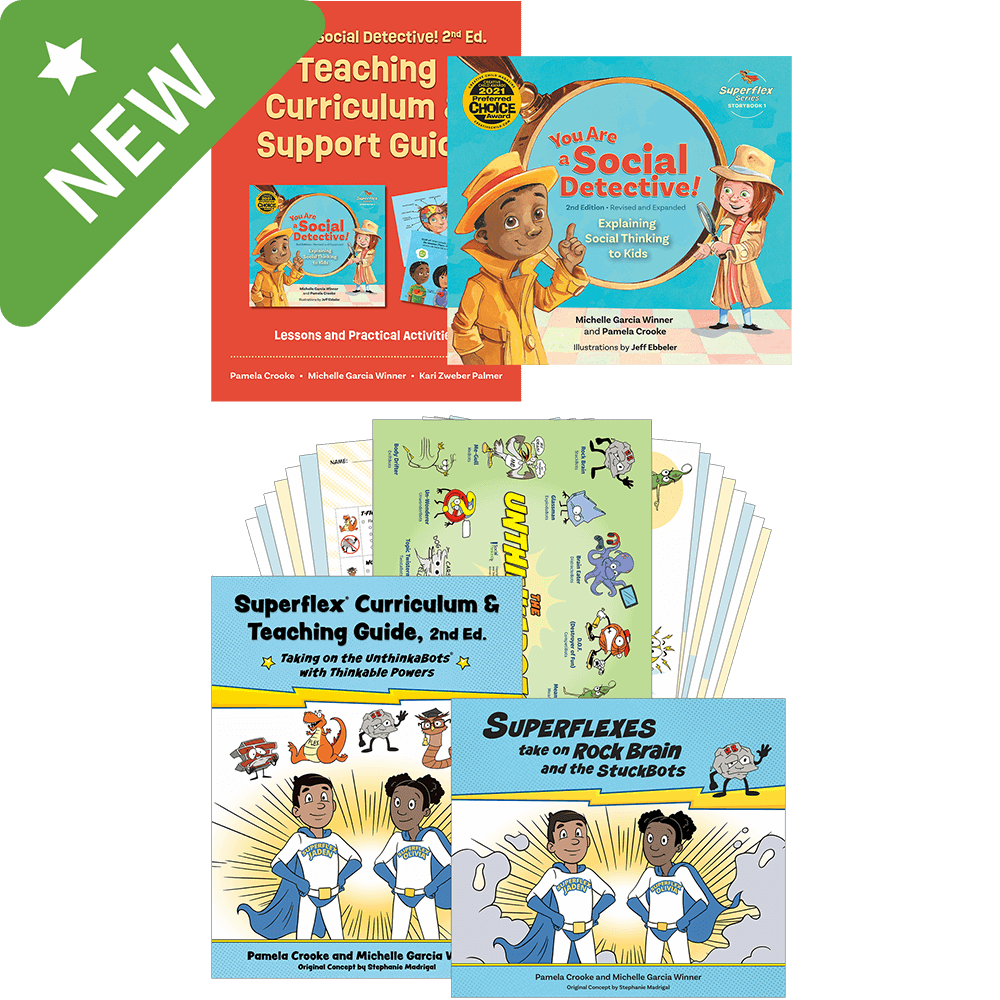
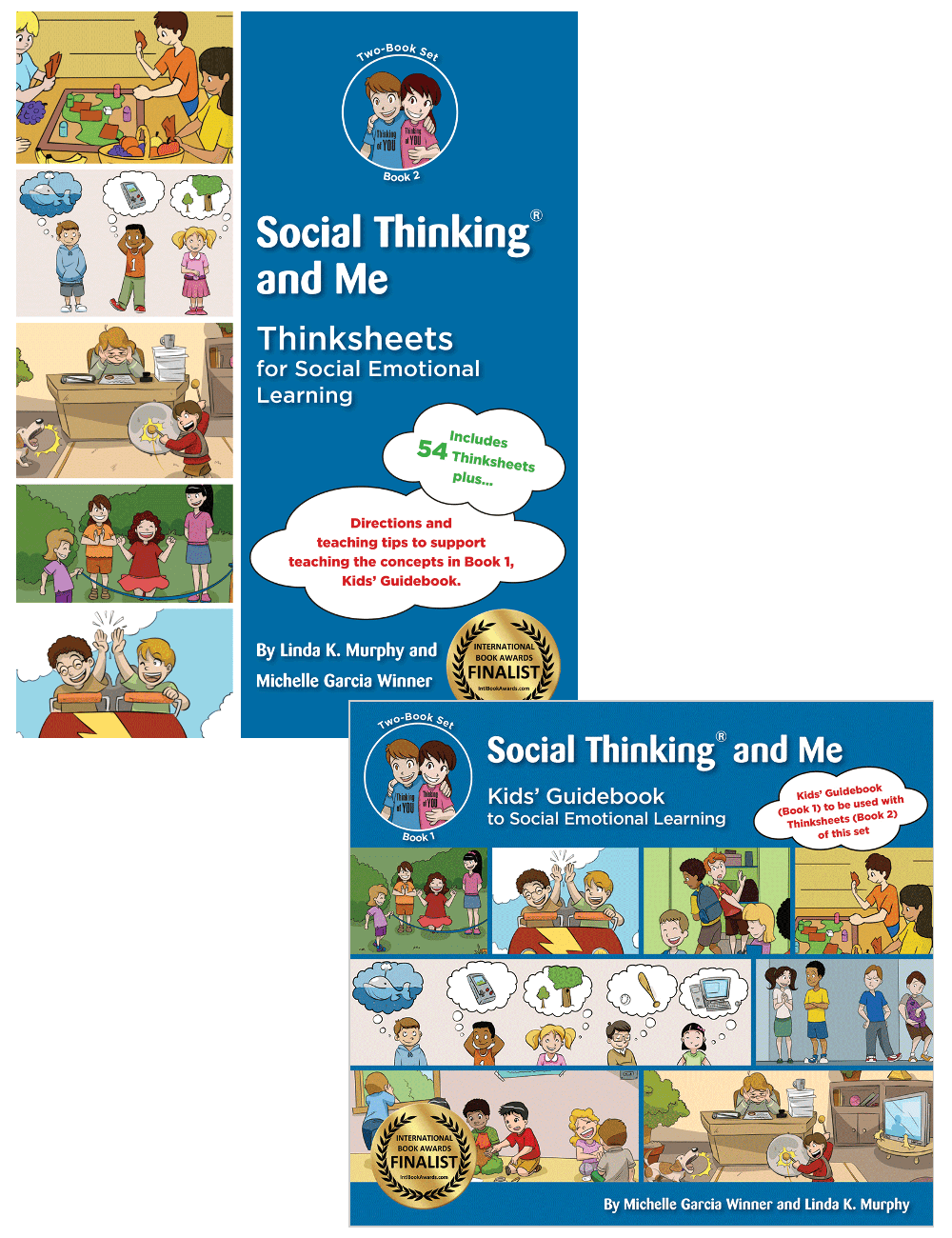

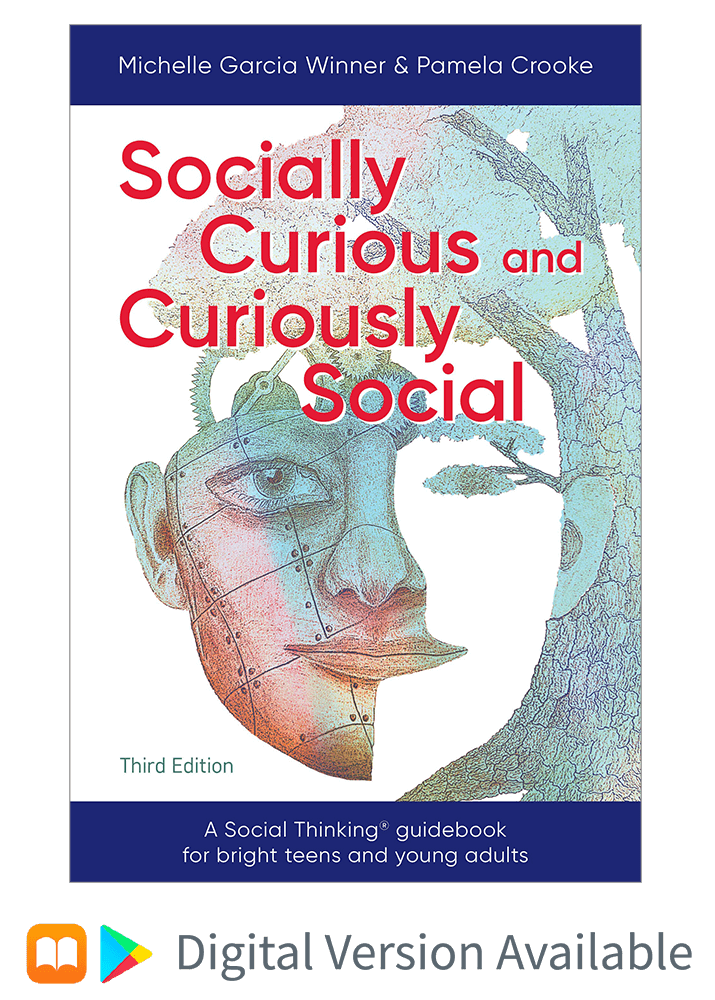
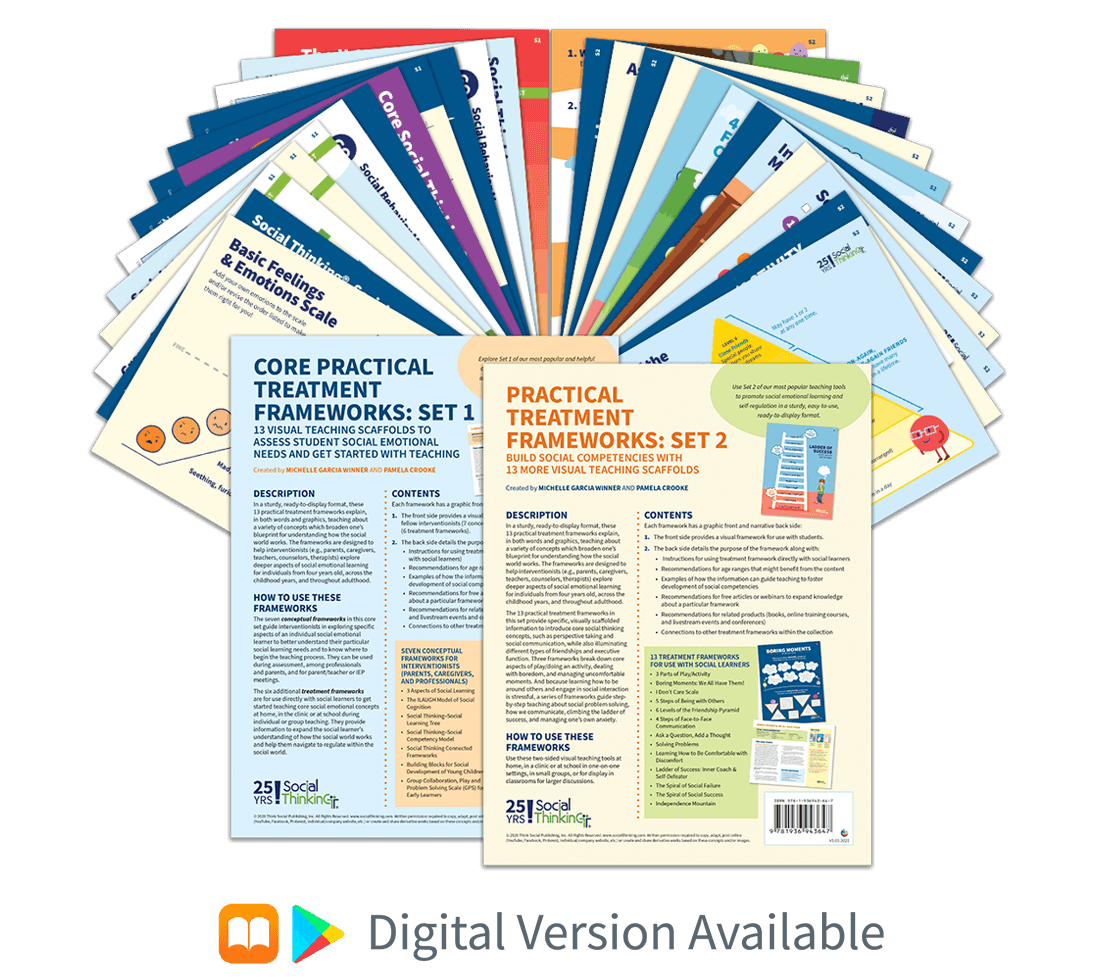
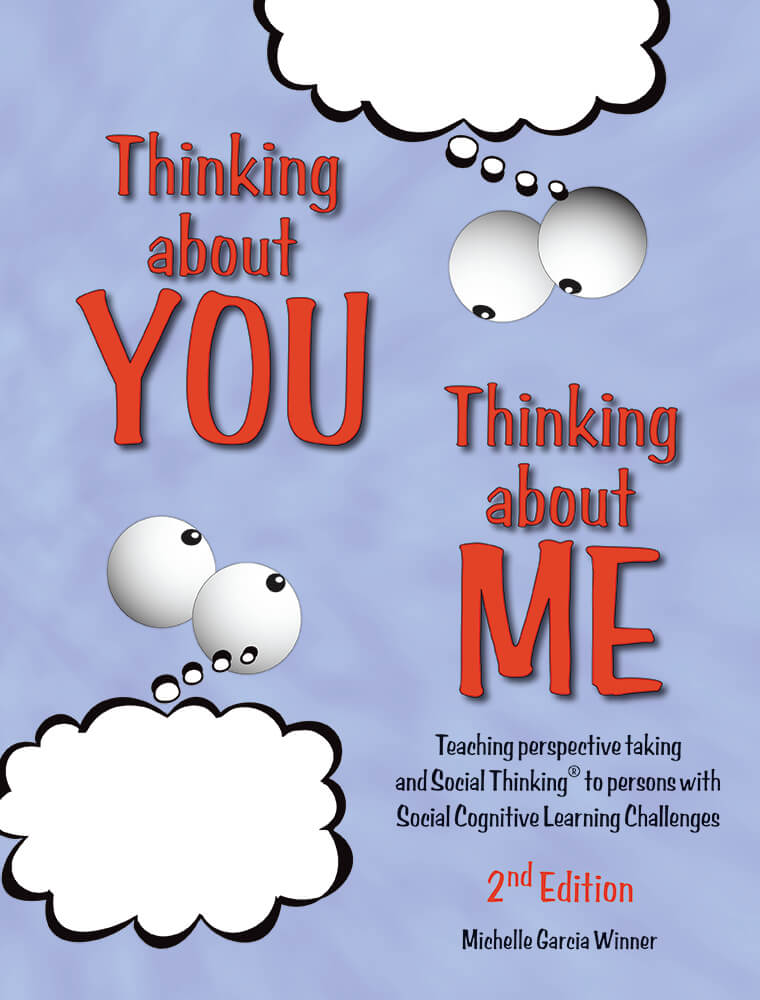
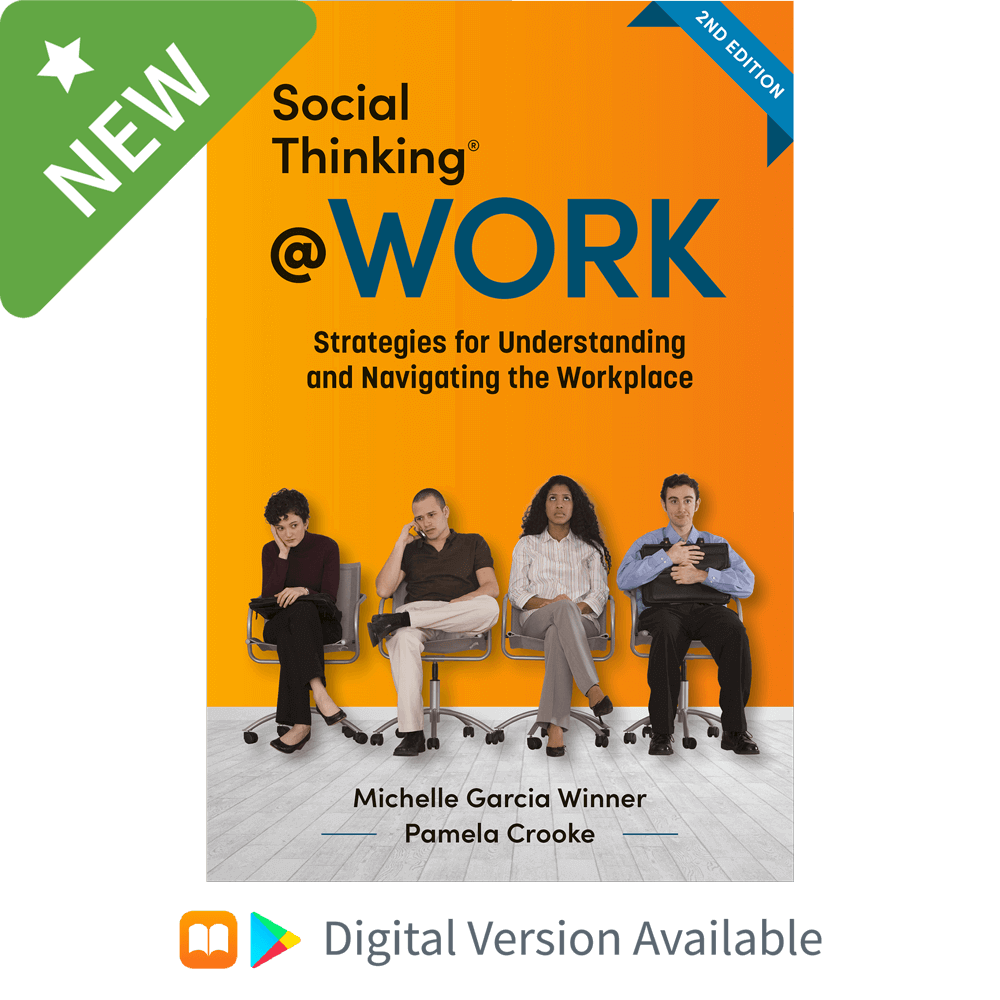
The Zones of Regulation








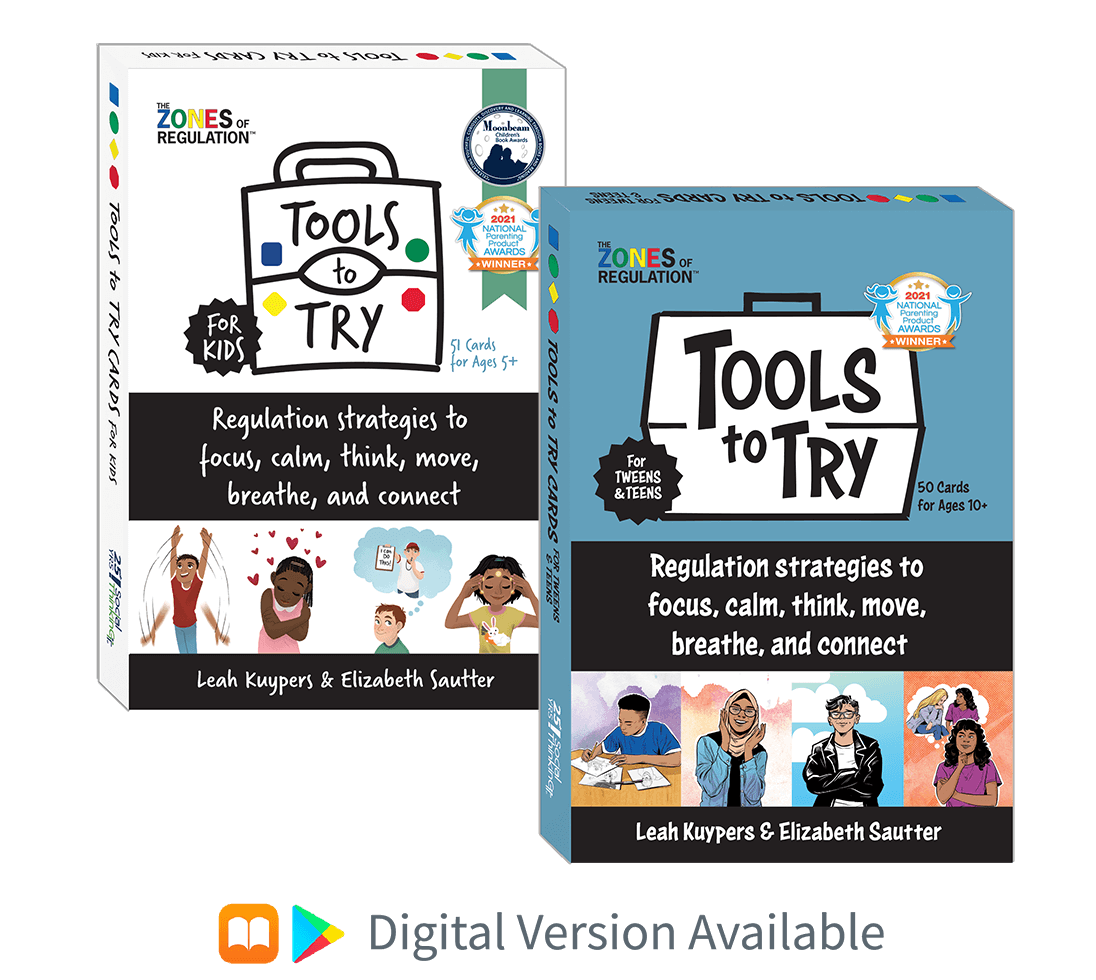
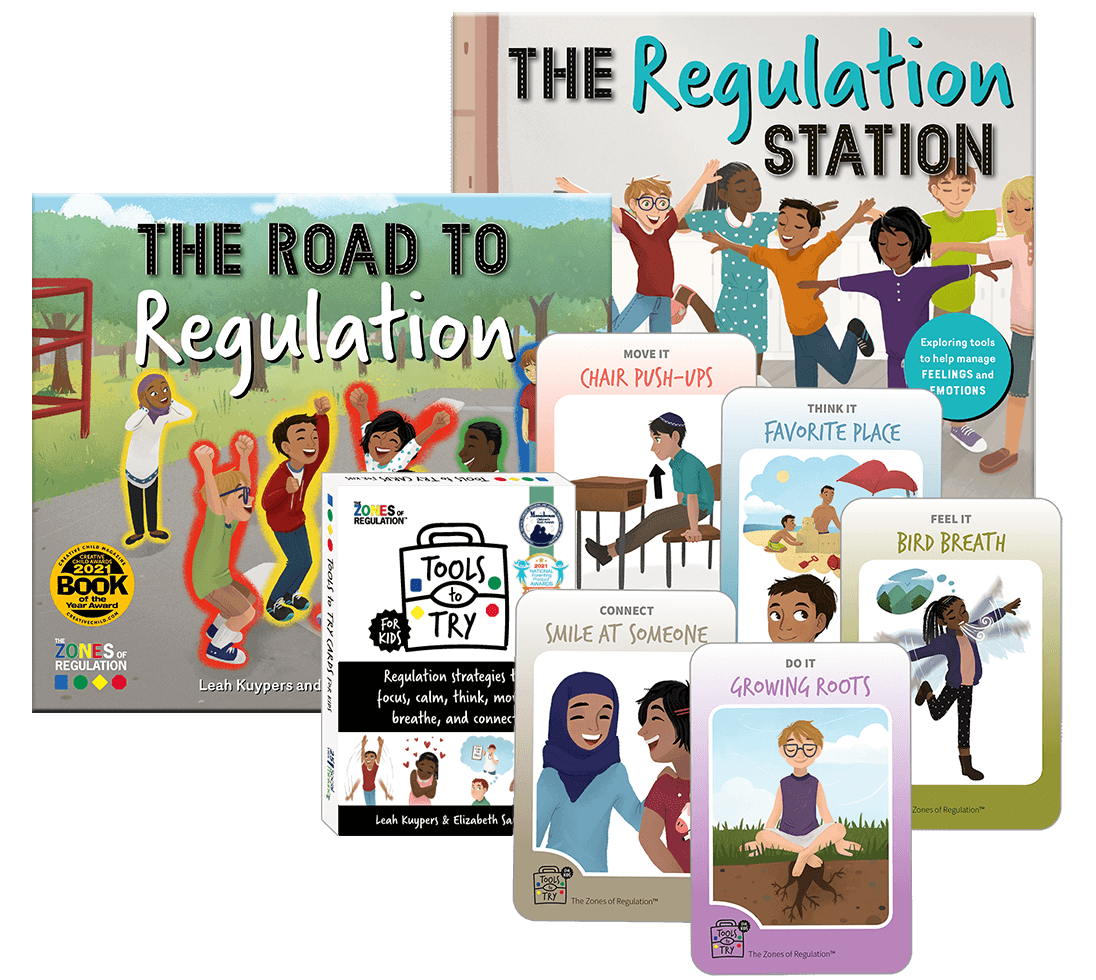

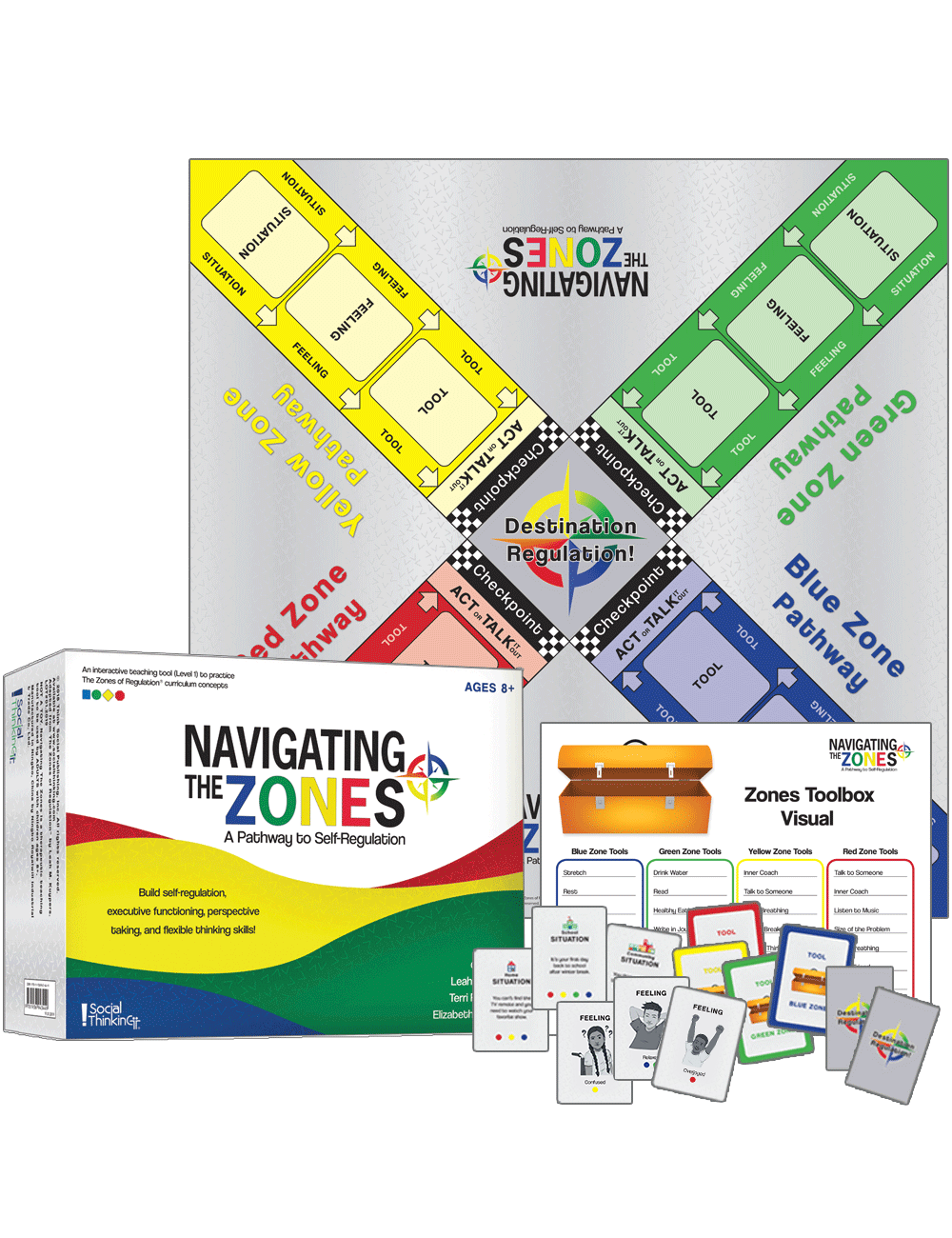
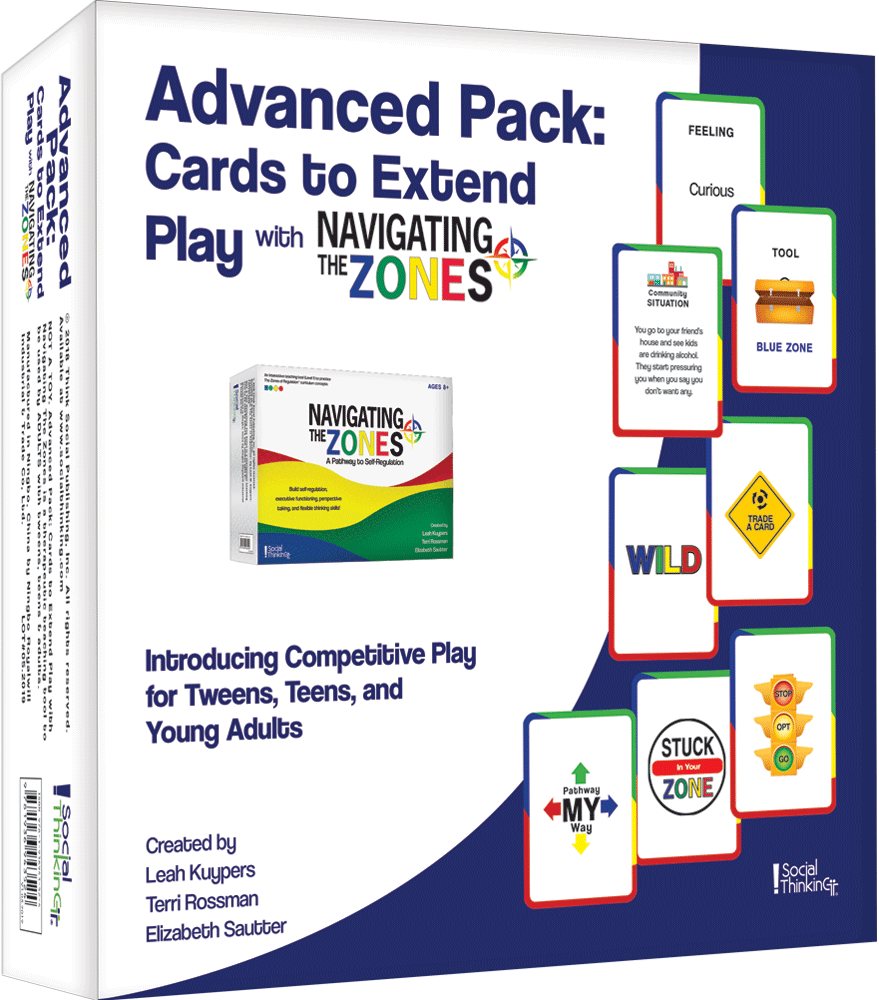

Highly Engaging Games to Motivate Discussion & Problem Solving
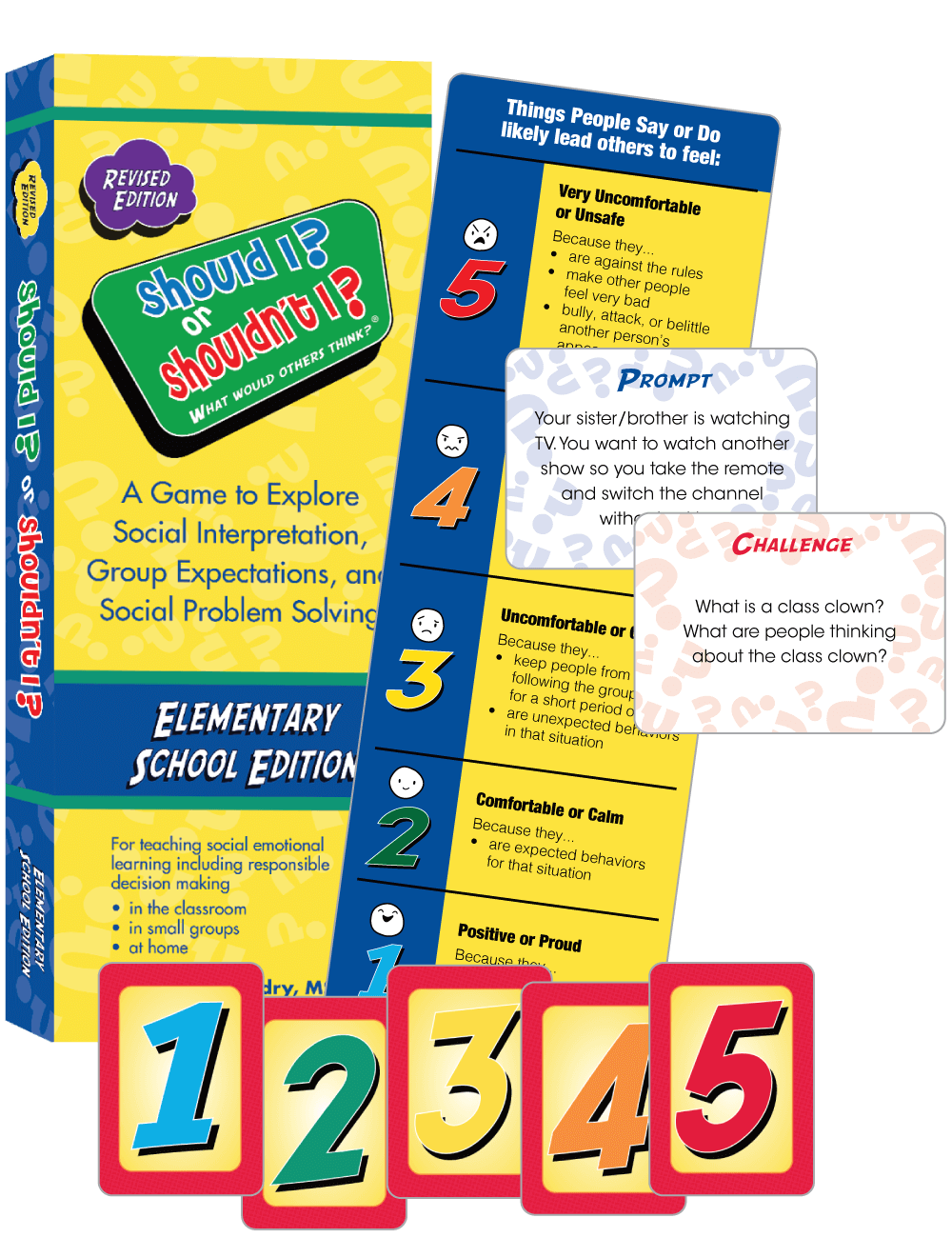
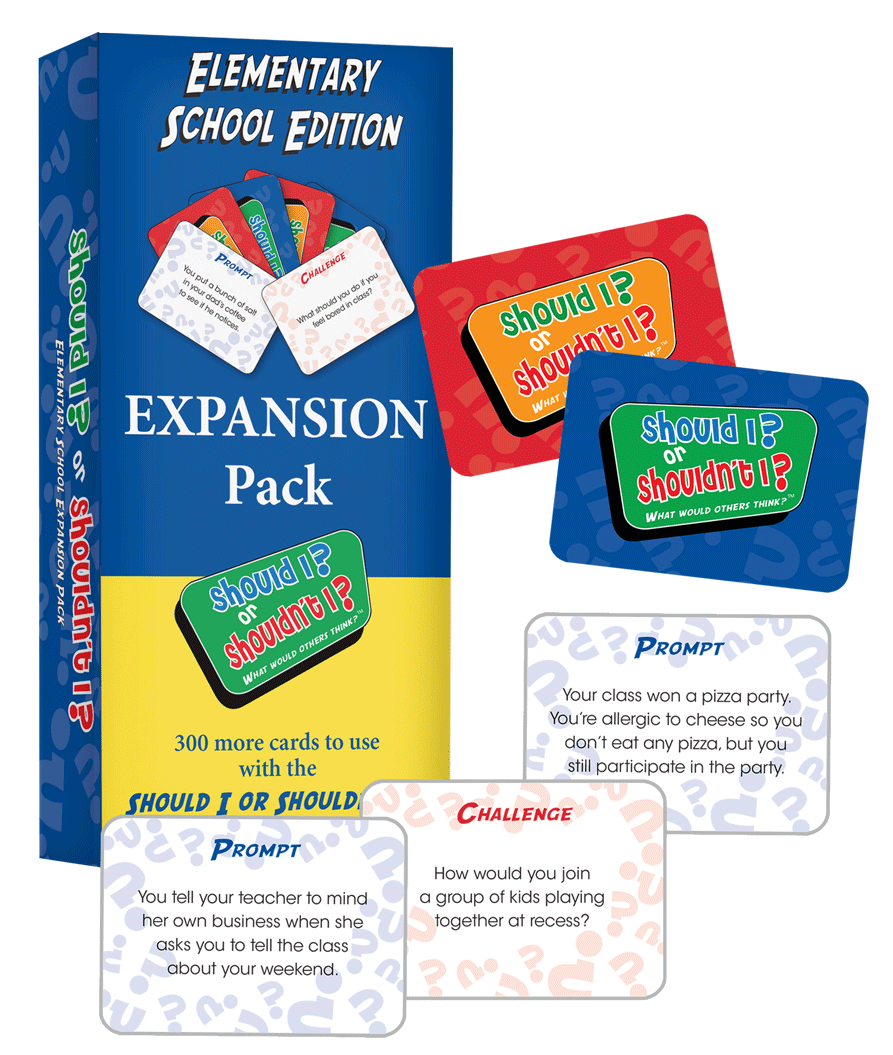
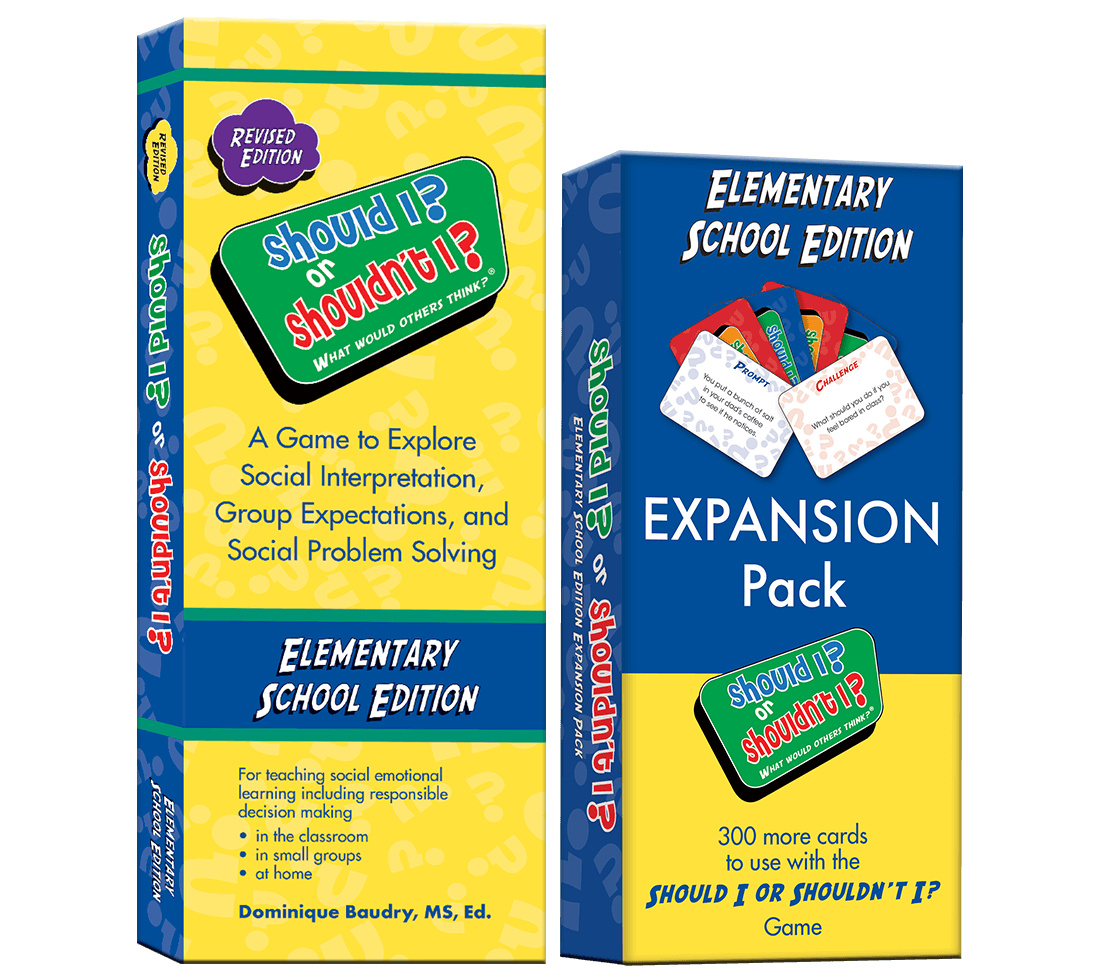
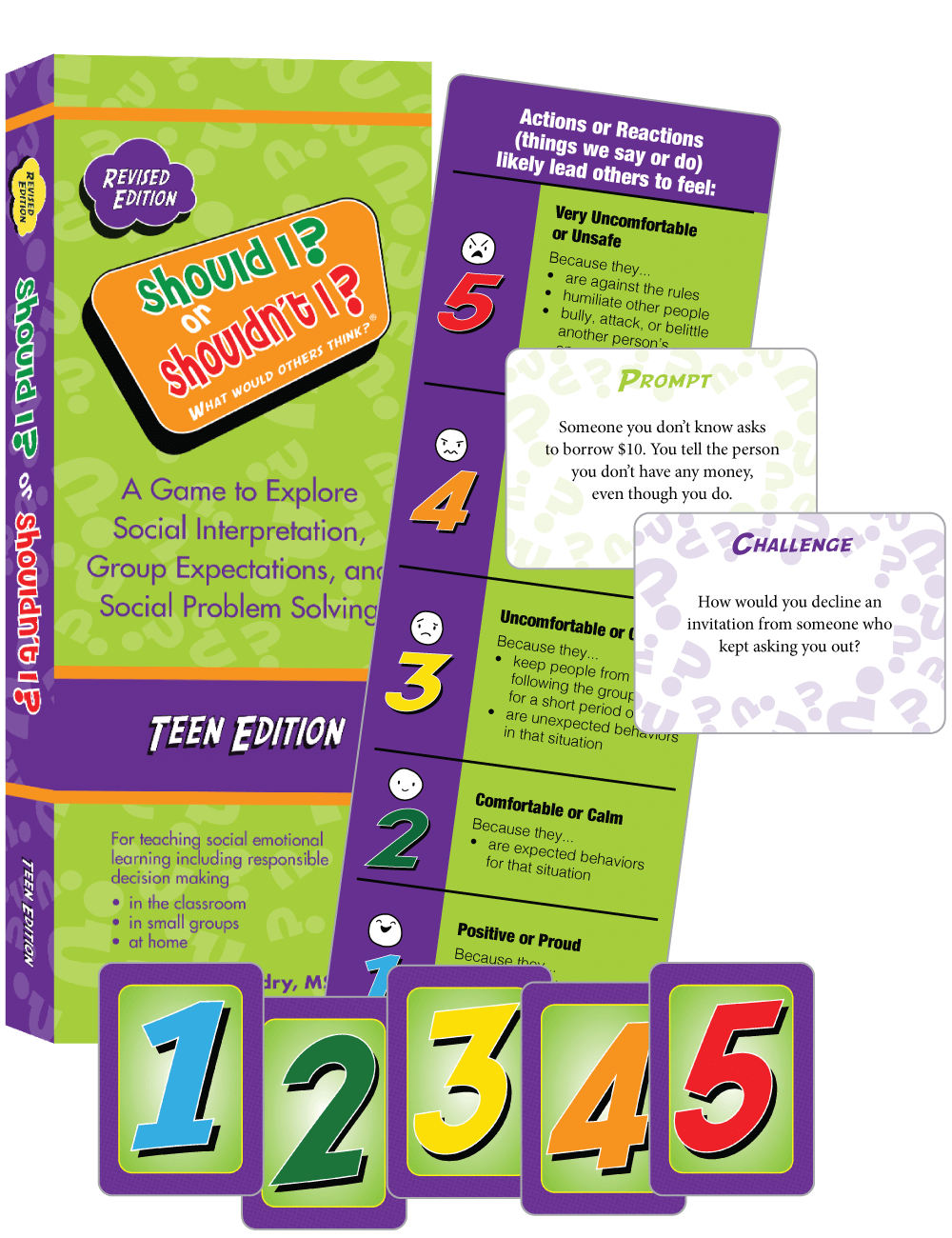
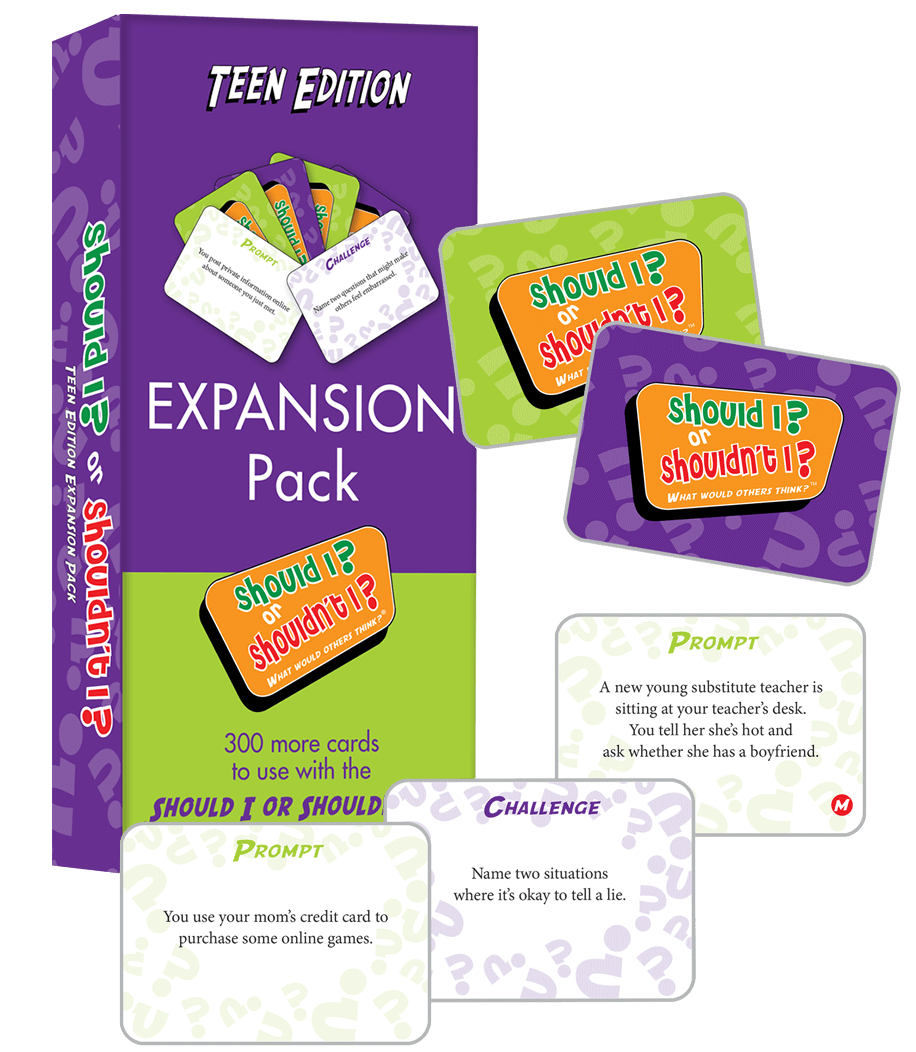

Powerful Tips & Strategies for Your Child’s Developing Mind
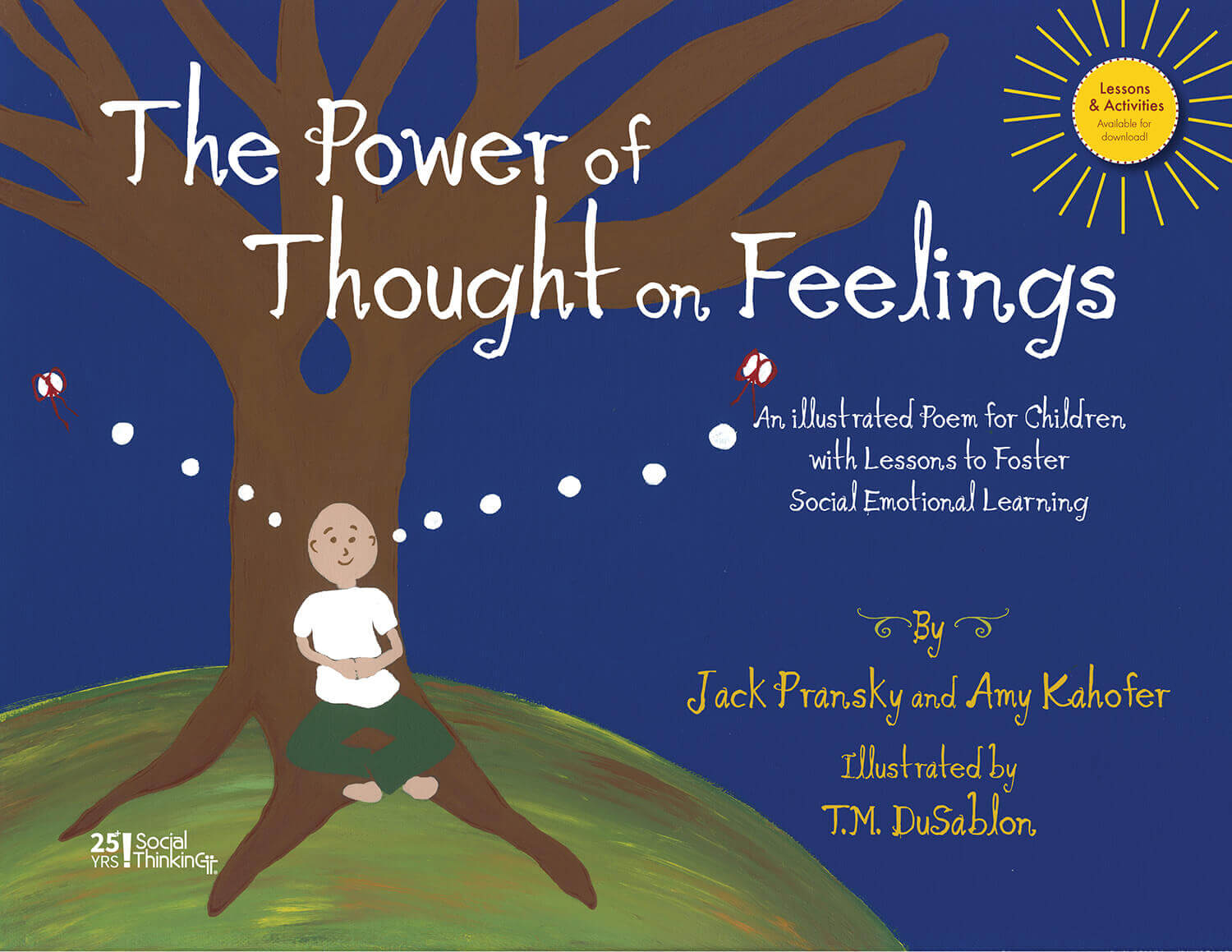
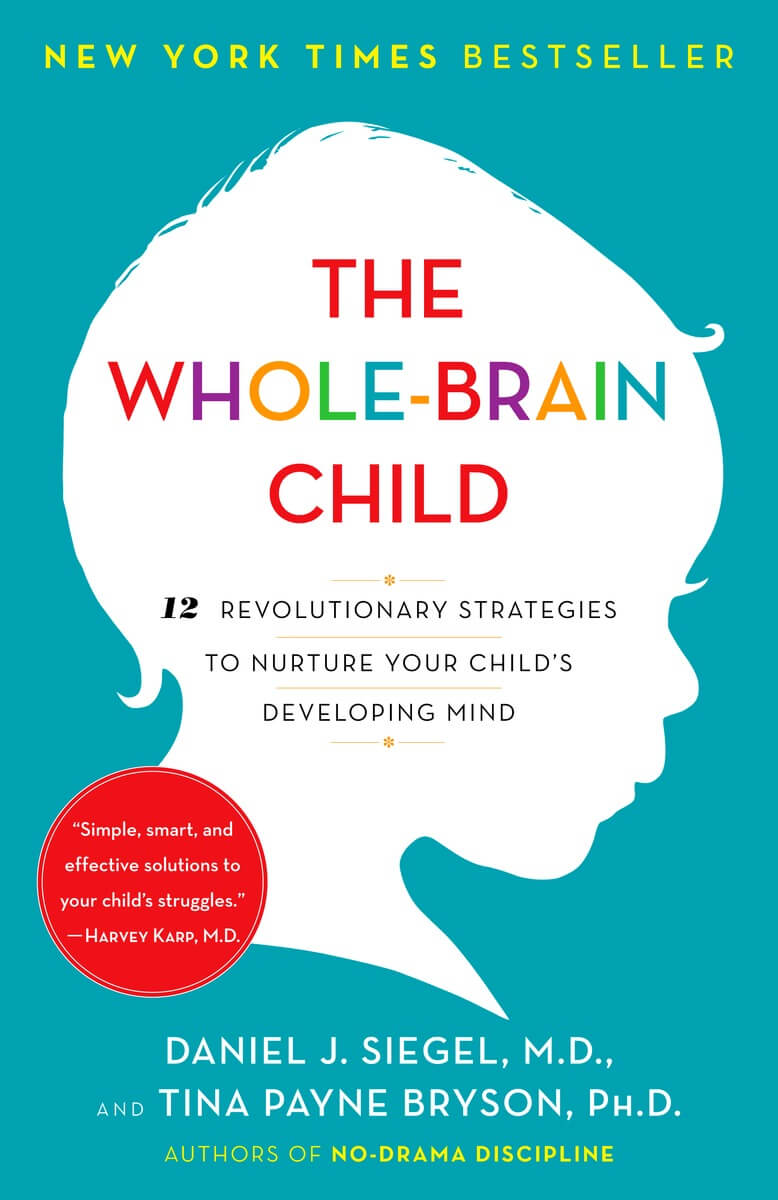
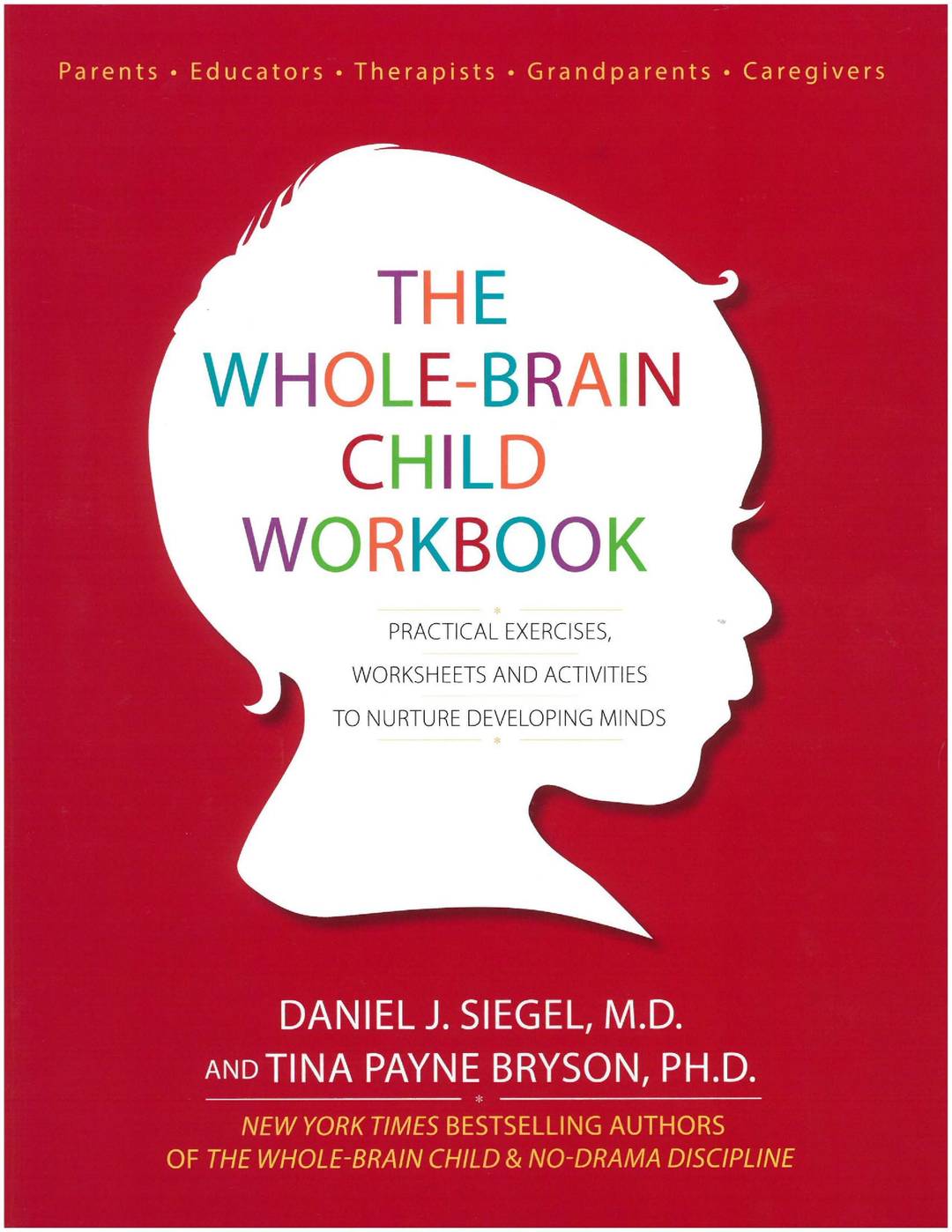

Hey Awesome explains how the same brain that can make a child feel anxious sometimes, also comes with amazing strengths. This book also includes powerful tips for children on how they can manage their anxiety. First, we let them know how awesome they are, then we give them what they need to feel it for themselves.
Learn more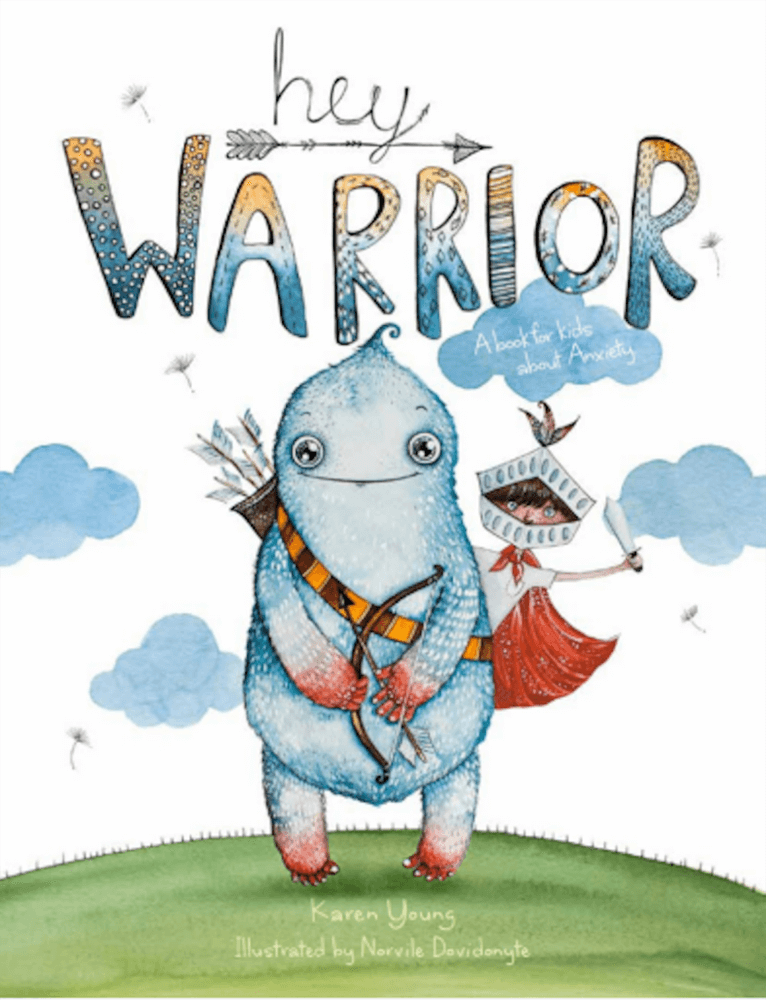
Empower children to manage their anxiety by learning that it comes from a place of protective strength within their brains—the amygdala—a tiny but fierce personal “warrior” that prepares us to fight or flee danger, even when we don’t need or want its protection! Wonderful illustrations and keen insights gently teach children how to be the boss of their brains and let their warriors know when to stand down and relax through positive thinking and breathing exercises. By understanding the physical science of anxiety and why their brains produce it, children can then learn to master it as a positive, friendly superpower.
Learn more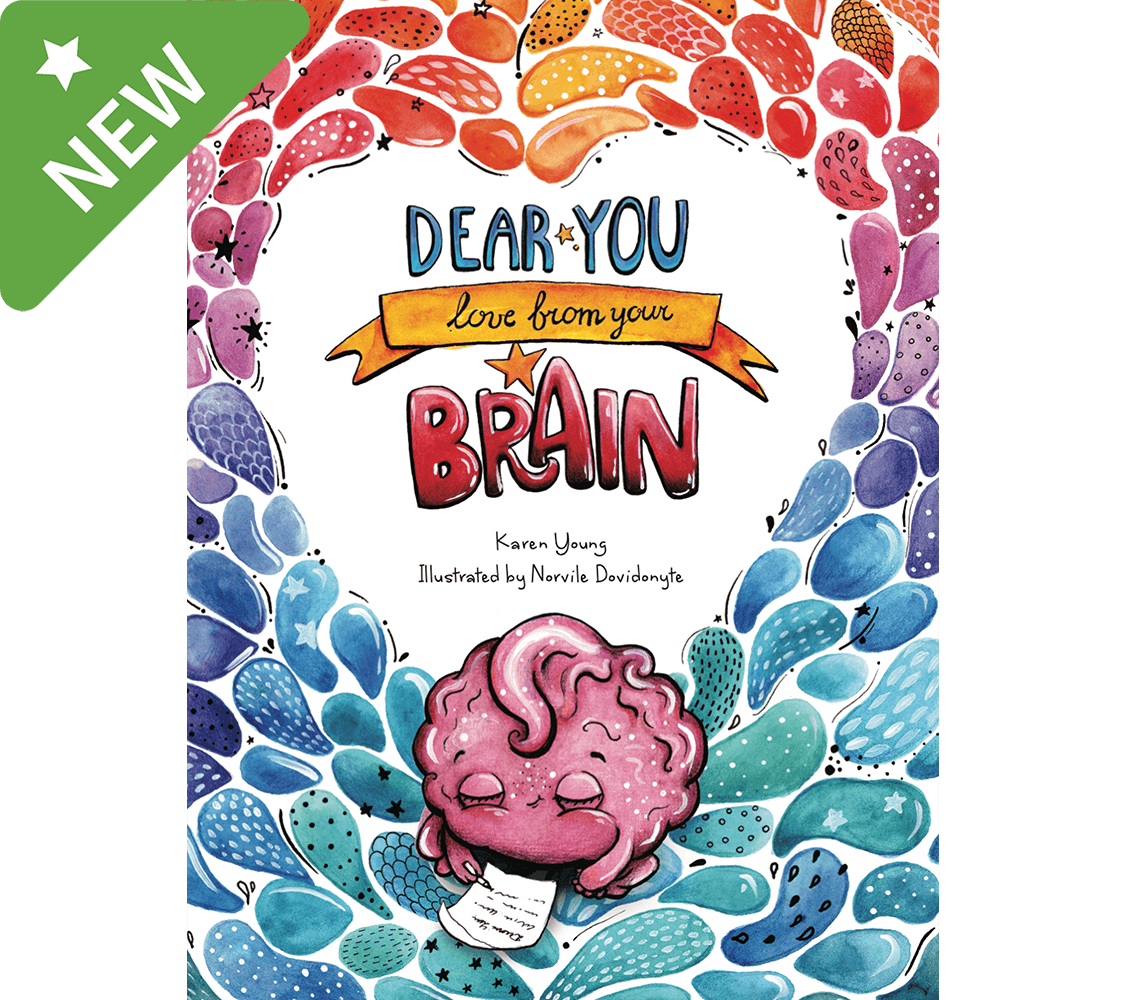
Like all beautiful, strong, important things, brains take time to build. Along the way, children have an enormous capacity to influence the brain–building process in profound and enduring ways. First though, they need information that will help them perform their magic. This book will help children discover more about the brain – how it works, what it needs, and how to love it big so it can love it back bigger.
Learn moreFree Stuff for Home & School
Free Articles
- The ABCs of Summer Boredom: Awareness, Curiosity, and Action
- Teaching an Essential Life Skill: How to Ask for Help
- Helping Students Cope with Change and Disruption
- Social Metacognition: Using Social Emotional Learning to Engage Hope
- Social Perspective Taking & The 5 Steps of Being with Others
- Social Emotional Self-Regulation: Why It Doesn't Involve a Behavior Plan
- Three Ways to Advocate for Students Who Appear Persistently “Checked Out”
Free Video Lesson
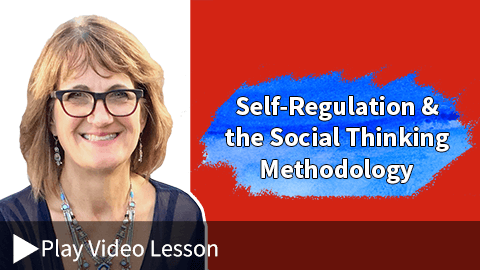
Michelle Garcia Winner, MA, CCC-SLP
Michelle Garcia Winner explains how self-regulation is a process of using one’s social competencies to socially attend, interpret people in context, problem solve how to respond, monitor how our words or actions are being perceived, and then adjust as needed to meet our own personal social goal(s).
What is Social Thinking?
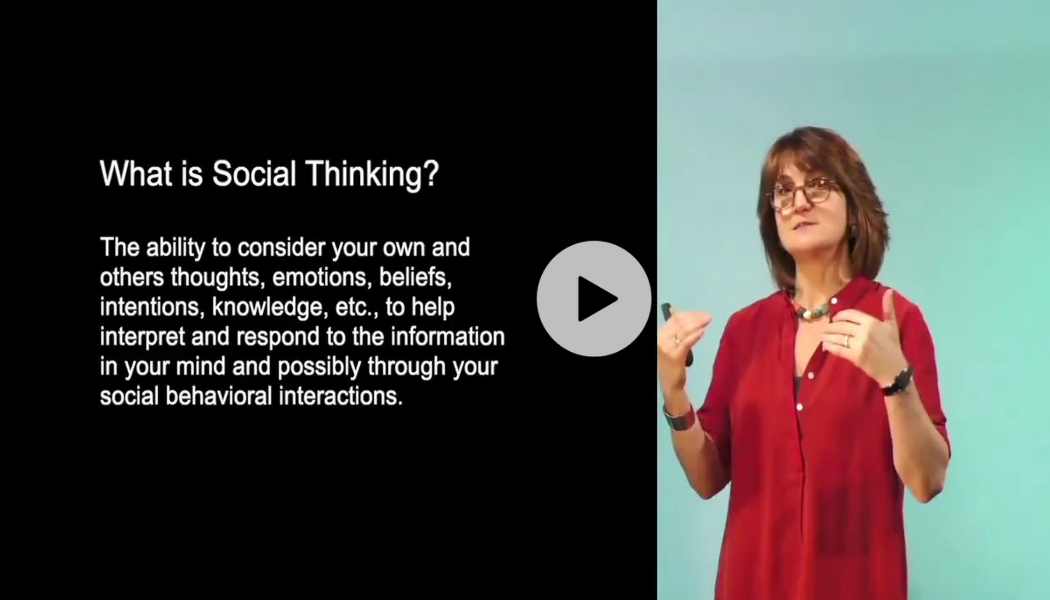
Strategies to Build Social Competencies
The Social Thinking Methodology provides evidence-based strategies to help people ages four through adult develop their social competencies, flexible thinking & social problem solving to meet their own social goals and improve:
- Conversation & social connection
- Executive functioning
- Friendship & relationship development
- Perspective taking
- Self-regulation
- Social Thinking Vocabulary
What People Are Saying About Social Thinking
Elementary School
Social Thinking has completely changed the environment of who we are as a whole. Thank you for providing us with such rich social and emotional resources. The impact that your resources make are life changing and early intervention is key. Your curriculum is truly amazing! I bought into Social Thinking about 9 years ago and will use this as long as I am in education.
Schools
I appreciate how the Social Thinking Methodology links social intent/thinking and the common core or school based standards. This connection, and the understanding that exists, is so crucial to every member of a student's school community.
Mental Health & Clinicians
The Social Thinking Methodology is the philosophy that I ascribe to professionally. It serves as my guide through assessment and intervention.
Speech Language Pathologists
I love how realistic the approach is, and doable! Based on real clinical experience adaptable to individual needs/strengths. Great that all the vocabulary is simple, easy to understand, and not full of professional shop talk.
Parents & Families
Social Thinking’s program has given me the much needed tools to communicate in a meaningful way with my 9-year-old son. Thank you. The stress level in our house has decreased along with the meltdowns. He is able to come out of the meltdowns much more readily.
Adult Clients
I am a professional, high-functioning 37 year old woman diagnosed as being on the spectrum two years ago. The Social Thinking Methodology is by far the most helpful resource I have encountered. It would not be an exaggeration to say that it changed my life. Your concrete examples are extremely helpful.









